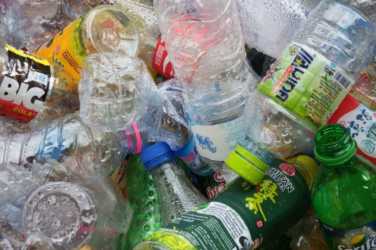Carbon emissions are rebounding strongly and are rising across the world’s 20 richest nations, evidence from a new study.
CO2 will go up by 4% across the G20 group this year, having dropped 6% in 2020 due to the pandemic, according to The Climate Transparency Report. The authors explain that the continued use of fossil fuels is holding back efforts to contain temperatures. China, India, and Argentina are set to exceed their 2019 emissions levels.
The COP26 climate conference opened in Glasgow two weeks ago made maintaining the temperature threshold of 1,5°C, one of the key goals. Now The world is currently around 1,1°C warmer than pre-industrial times. The counties will have to put ambitious policies in order to limit future incremental increases.
The Climate Transparency Report shows that the change isn’t happening fast enough. The G20 group is responsible for around 75% of global emissions, which fell significantly last year as economies were closed down in response to Covid-19. But this year’s rebound is being powered by fossil fuel, especially coal. According to the report, compiled by 16 research organizations and environmental campaign groups, coal use across the G20 is projected to rise by 5% this year.
China is responsible for 60% of the increase in coal, but there is also an increase in the use of this fuel in the US and India. In China, the demand for energy has increased with the recovery of the global economy after Covid-19. Coal prices have risen nearly 200% from a year ago, as a result of which coal-fired power plants have become uneconomical.
However, this week the Chinese government announced a change to allow these plants to continue producing energy. This will spur even more coal use this year. When it comes to gas, the Climate Transparency Report finds that use is up by 12% across the G20 in the 2015-2020 period.
The climate summit
During the COP26 global climate summit in Glasgow, almost 200 countries are being asked for their plans to cut emissions. While political leaders have promised that the global recovery from Covid should have a green focus, the financial commitments made by rich nations don’t bear this out. Of the $1.8tn that has been earmarked for recovery spending, just $300bn will go on green projects.
The report also points to some positive developments including the growth of solar and wind energy in richer countries, with record amounts of new capacity installed across the G20 last year. Renewables now supply around 12% of power compared to 10% in 2020.
Politically, there has been significant progress as well with the G20 group, all members have agreed to put new 2030 carbon plans on the table before the Glasgow conference. However, China, India, Australia, and Saudi Arabia have not yet done so.









Show Comments